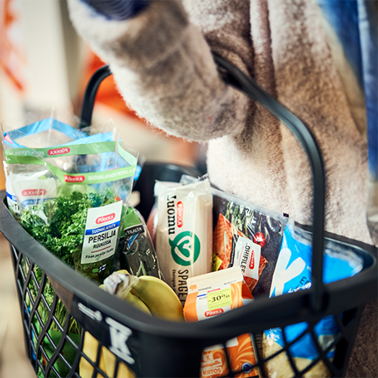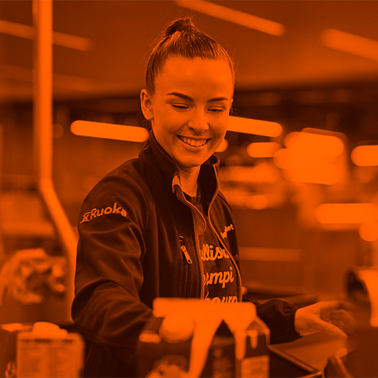Finland is lagging behind in its achievement of the EU’s targets to reduce the use of plastic carrier bags and for recycling plastic. New measures are needed and both businesses and customers must be involved. Customers are being encouraged to reduce...

K Group increases supply chain transparency with a new website that enables tracing the origin of products sold at K-stores
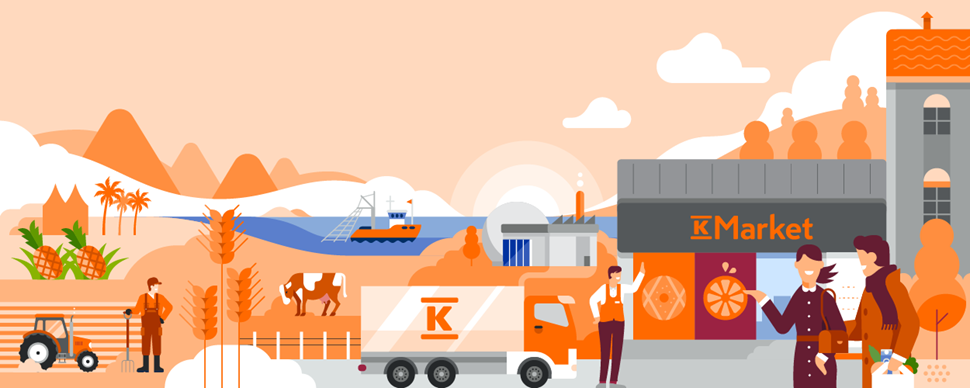
K Group’s new ‘Tracing our products’ website increases the transparency of K Group’s supply chains.
“Companies today are expected to provide more information on where their products come from, how working conditions in the production facilities have been monitored, and how they are minimising the environmental impact of products. Our new website increases transparency on these issues,” says Matti Kalervo, Vice President of Corporate Responsibility at K Group.
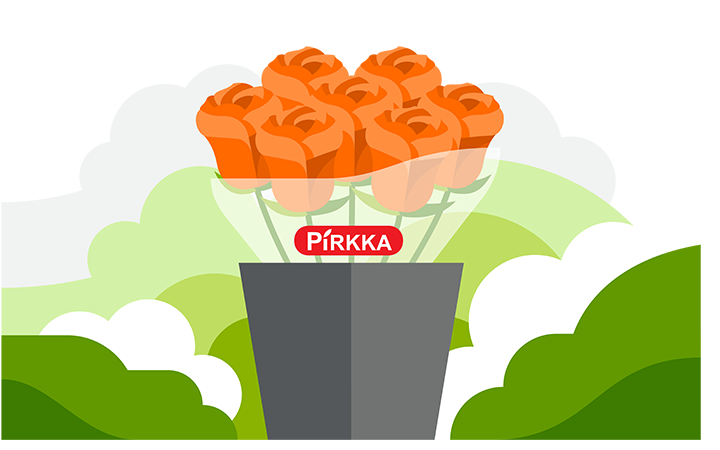
Initially, the website provides information on canned Pirkka and K-Menu tuna products and Pirkka Fairtrade roses sold in K-food stores, and on the Finnish PROF timber sold in the K-Rauta building and home improvement stores. Going forward, information will be added on other products customers and other stakeholders are particularly interested in.
The products highlighted on the website represent K Group’s own brands. Focus is especially on products where the sustainable production of ingredients or raw materials is challenging and where K Group uses its own sustainability policies to guide purchasing.
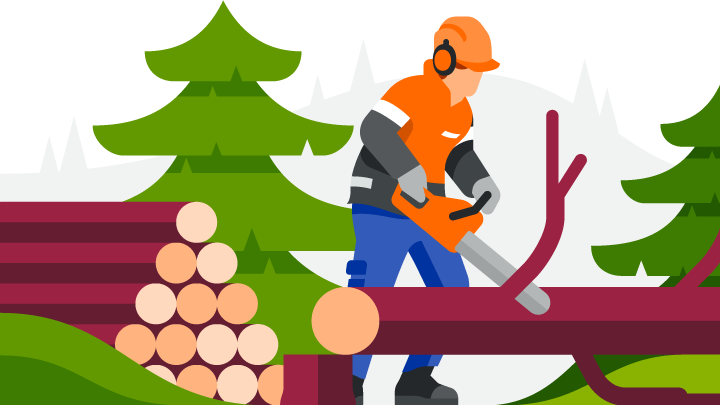
The website offers information on how K Group ensures that its supply chains are sustainable, all the way from the farm or factory to K-store shelves.
“We favour products that have been granted sustainability certificates in our selections. For example, our own brand Pirkka has more than 20 Fairtrade products in its range. Our fish purchases are guided by our Fish and shellfish statement, which is based on the WWF seafood guide. When it comes to working conditions in factories, we use third-party sustainability auditing in Asia, for example,” explains Kalervo.
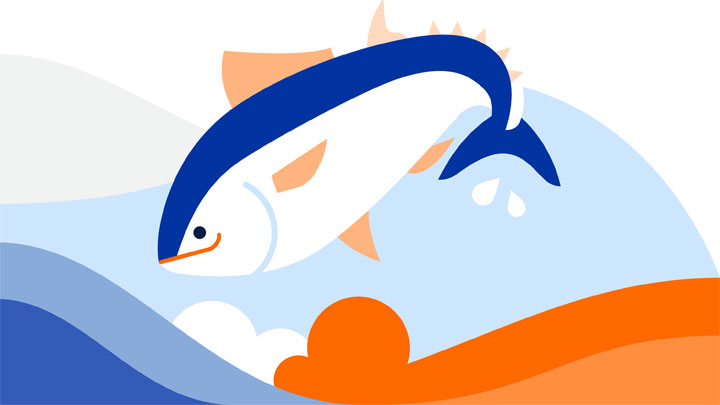
Tuna’s journey from the sea to store shelves
Tuna is one product whose origins interest customers considerably.
The new website provides information on the suppliers of Pirkka and K-Menu tuna, including their factories on Mauritius and in Thailand, dates on which the factories have been audited, areas where the tuna is caught, the fishing methods, and how the canned tuna travels to Finland.
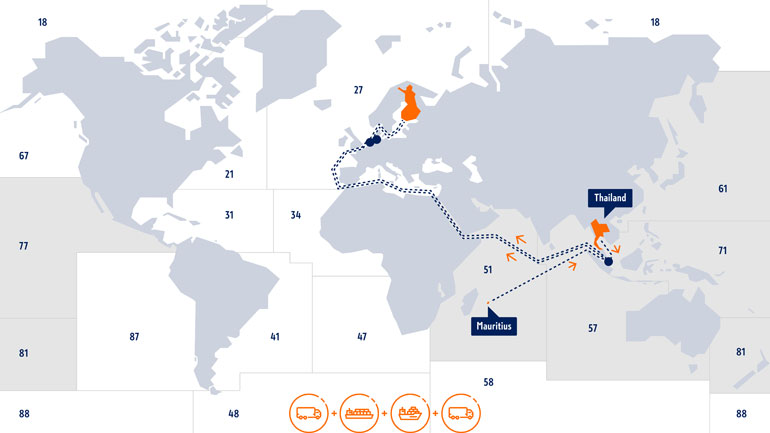
“The sustainability of tuna depends on the fish species, the fishing area, and the method of fishing. On our website, we explain that all tuna for Pirkka and K-Menu products is caught using sustainable fishing methods, either pole & line or purse seine,” says Kalervo.
Visit K Group’s ‘Tracing our products’ website.
 YES
YES
 NO
NO
